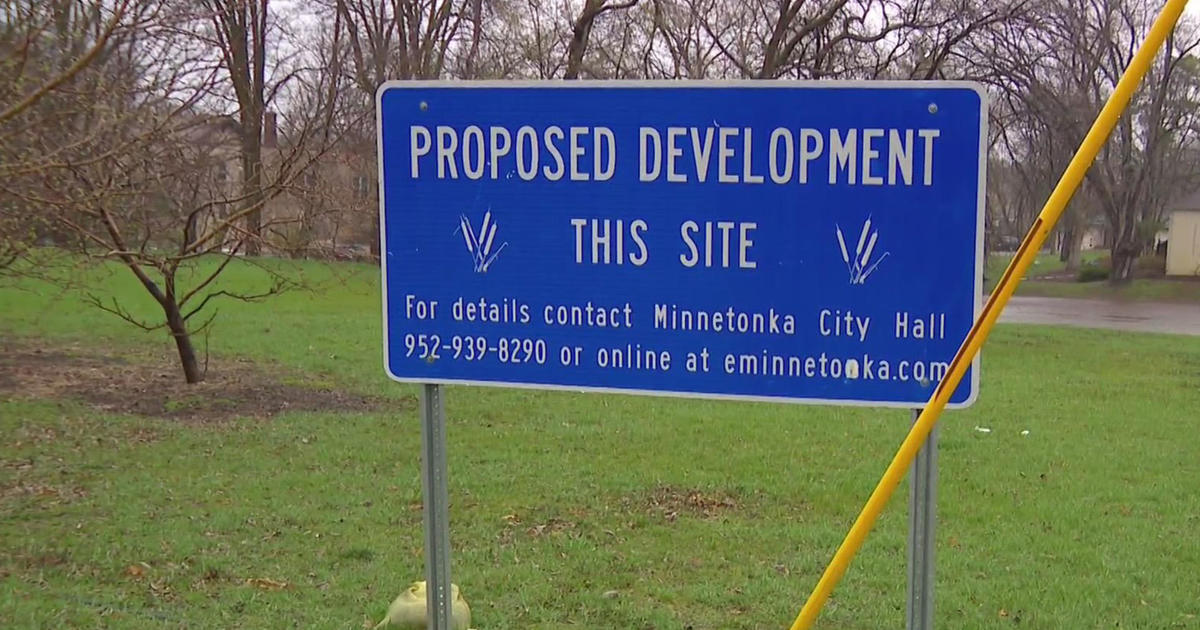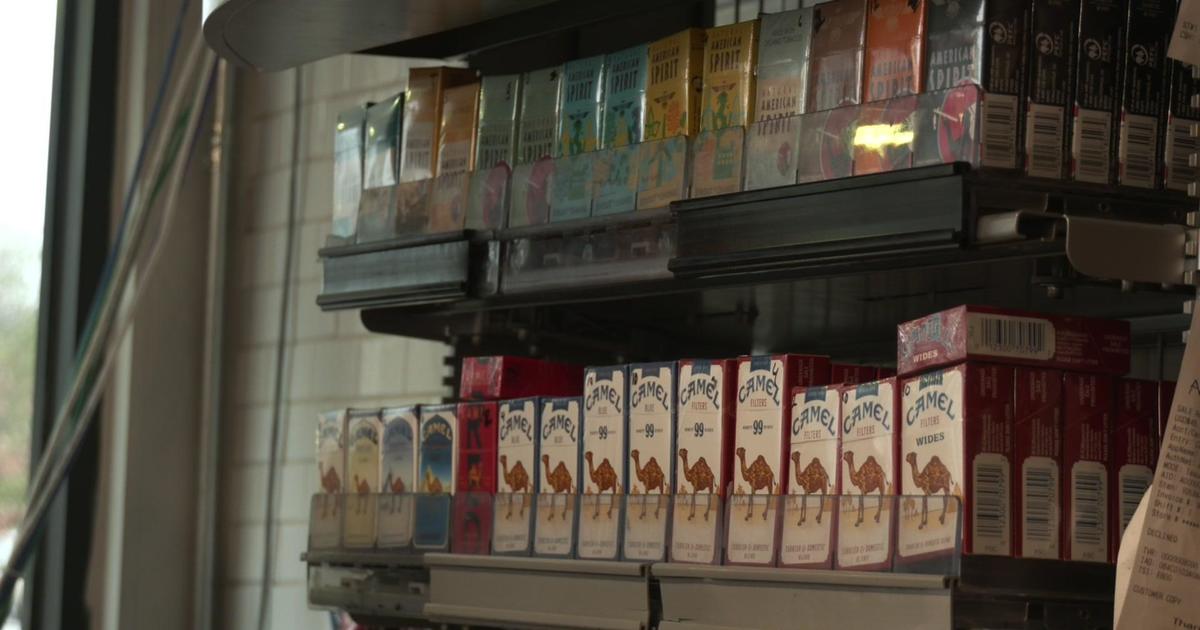The Brilliant, Simple Defiance Of 'Jafar Panahi's Taxi'
To step into the Iran of Jafar Panahi is to encounter a world where an internationally celebrated director isn't allowed to make movies. Five years ago, Panahi was charged with propaganda against the Iranian government and told he couldn't make movies for 20 years. Still, the filmmaker has persisted, making films about his house arrest (such as 2011's This Is Not A Film, which was sneaked out of the country in a cake) and doing odd jobs, like driving a taxi.
Behind the wheel of his latest cinematic experiment, Panahi is frequently insulted for his poor navigational skills, as his focus is clearly zeroed-in on documenting moments and conversations with his passengers. With a setup of GoPro-like cameras, Panahi's taxi both physically and intellectually tours Tehran, a city whose inhabitants are seen to be constantly grappling with the rules of an oppressive regime.
The film's first shot is a long windshield take showing Iran's largest city on a warm, sunny morning. It's a breath of fresh air, letting us know that Panahi clearly isn't languishing under house arrest. Still, it doesn't take long until the filmmaker's first passengers have us thinking about the nature of Iranian society.
Crime, executions and Sharia law are brought up first. They are the subject of an argument after a school teacher reprimands the passenger in front of her for wanting low-level thieves hanged. The exchange makes it clear that Iranians can argue in public about the benefits of a more secular government while also demonstrating that women there aren't afraid to speak their minds.
At first, we wonder if Panahi's Taxi is a verite-style documentary. But when a screaming woman and her bloodied husband enter the cab, all doubt vanishes. The scenes, although they look totally natural, are really carefully crafted statements about Iran, covering an impressive array of topics. This one with the screaming wife, in particular, is about inheritance, law and how the legal system isn't set up to support women who are without husbands. Another insightful scene involves a man selling bootlegged DVDs. It reveals to us how the inhabitants of the country with which the U.S. recently made a nuclear deal also love Woody Allen and The Walking Dead. The conclusion is: We're more like Iranians than we might realize.
The film's most interesting passenger is Panahi's young niece, Hana. She gets in and immediately tells her uncle about a school project in which she has to make a short film following all of the country's cinematic rules. The girl lists off the criteria, which mandate that women must wear hijabs, men and women can't touch, bad guys must wear ties, and good guys have to be named after Islamic saints. On top of all this, there's also vague ban against "sordid realism." To Hana, this means she can't show things that are ugly/unpleasant/bad.
From the window of the taxi, Hana tires to make a film about a boy she sees picking up money dropped on the street. She tells him to return it to its owner so she can film something good, but he doesn't do what she says, and the project is ruined. Panahi shows us this footage, which is shot on the young girl's camera, and it's a wonderful device to relate how government censorship fails a society where art isn't allowed to reflect the reality of people's lives.
While Panahi's film certainly rumbles with frustration, the tone of the project isn't that of a raised fist. Instead, Panahi depicts himself as the ever-sunny, always smiling cabbie. His message, while hinting at the frightening specter of the regime, is that everyday Iranians break the rules constantly, even if getting caught means severe repercussions. Cleverly, Panahi delivers this message all within the confines of Iran's cinematic code. After witnessing such a feat, we can only hope this isn't the last of Panahi that we see.
Jafar Panahi's Taxi is playing at Edina Cinema.



